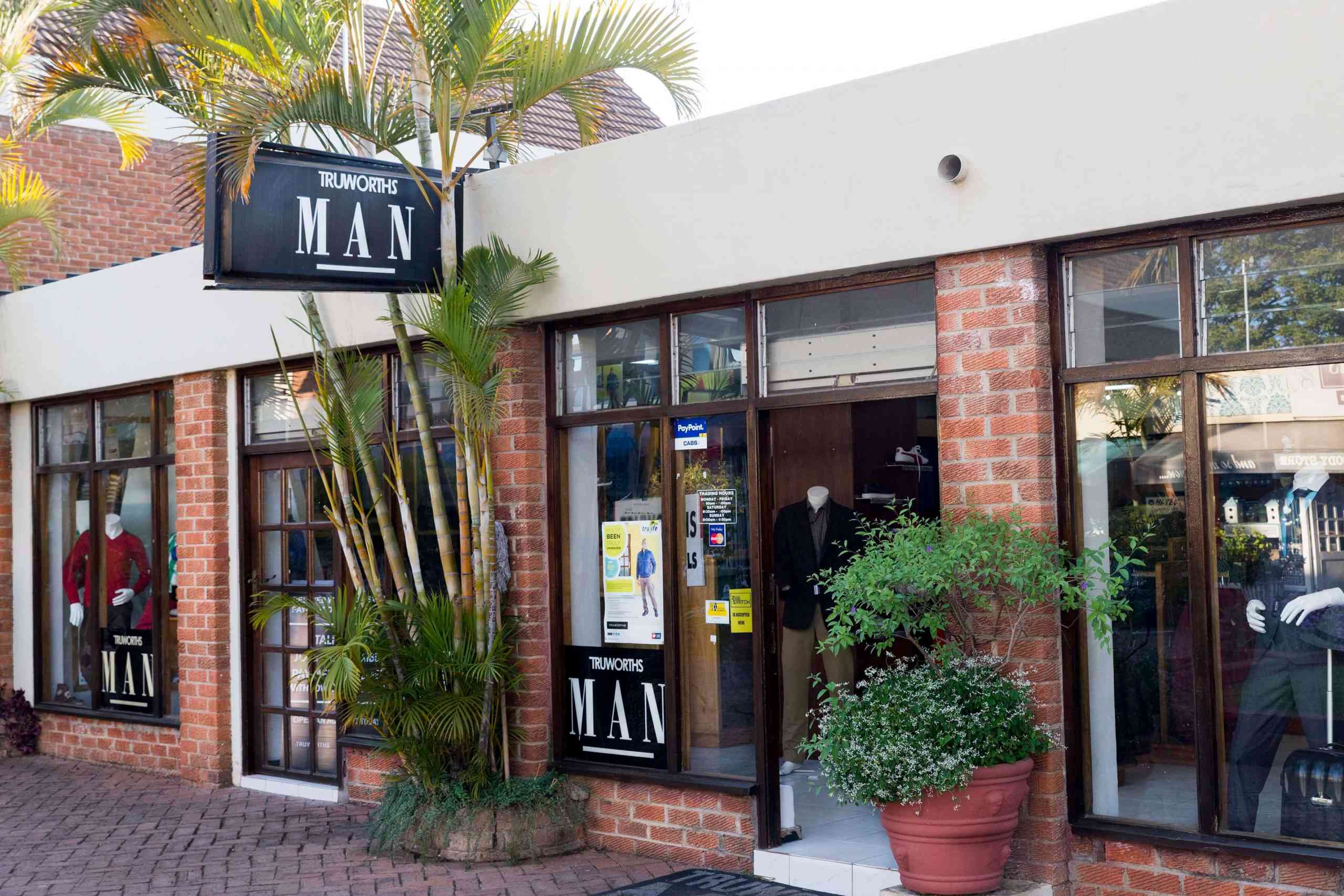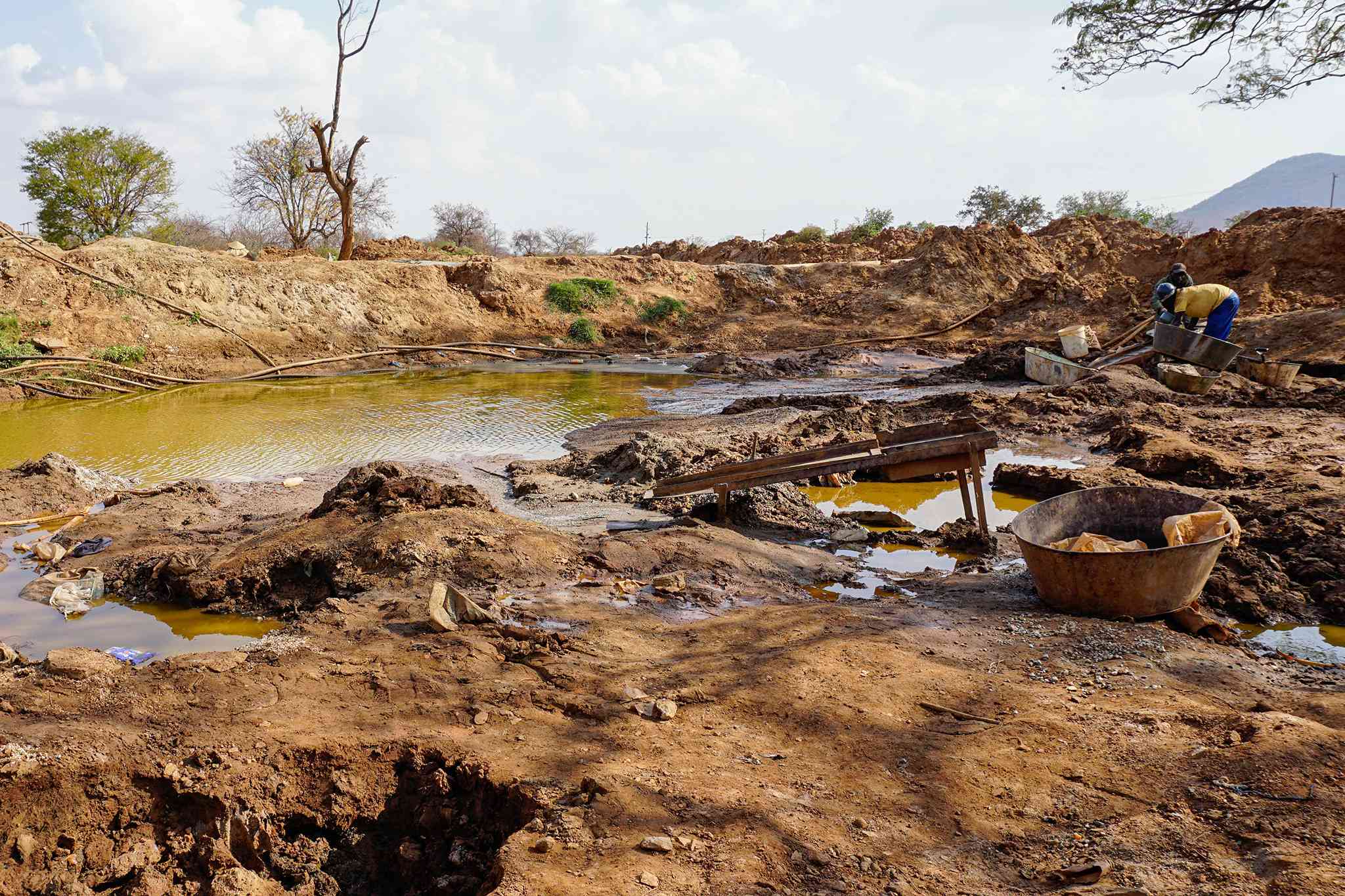
ZIMBABWE, once a beacon of economic potential in Southern Africa, is now grappling with a complex financial landscape defined by the exodus of major international companies.
The rise of an economy skewed towards the informal sector has fostered widespread tax evasion, leaving marginal formal businesses to unfairly compete with a thriving shadow economy.
Formal companies have also had less flexibility in dealing with currency volatility often incurring direct losses through sales and foreign exchange losses, while also being exposed to stricter regulation through the Reserve Bank of Zimbabwe’s Financial Intelligence Unit (FIU).
Large queues of uncleared foreign dividends and portfolio disposals at the RBZ have also made it difficult for foreign firms to compete and retain their local operations.
For the majority, viability has been reduced to simple matters of solvency and undercapitalisation. Balance sheet erosion has weakened most businesses. These are largely exogenously driven.
To summarise this, the competitive landscape in Zimbabwe has significantly shifted over the last 15 years and there is no longer an adherence to rules by the book.
The current state of the economy resembles a jungle, where survival is for the fittest and not necessarily the swiftest. Political connections, bribery of officials and the ability to work around restrictive policies have become essential for business survival.
Despite these challenges, the economy has demonstrated remarkable resilience, managing to register growth, albeit inconsistently.
- Zimbabwe needs to rethink economic policies
- Zimbabwe needs to rethink economic policies
- Investor guns for StanChart
- Forex demand continues to fall
Keep Reading
This growth has been primarily driven by the extractive sector, which generates approximately US$6 billion in foreign currency annually. A significant portion of this income comes from gold mining, now dominated by small-scale and artisanal miners, most of whom evade taxes.
The recent rush towards lithium has helped sustain economic momentum, undercutting the losses stemming from the recent downturn in platinum group metals (PGMs).
While the potential for significant economic growth is evident, the structural issues within the economy pose a critical risk if left unaddressed. Relying on an informally driven economy at the expense of formalisation has largely negative consequences, undermining sustainable development and economic stability.
This article explores the implications of these developments on Zimbabwe's economic trajectory, the policy measures needed for recovery, and strategies for formal businesses to remain competitive.
The exodus of global players
In recent years, Zimbabwe has seen an exodus of international corporations, highlighting the difficulties of operating in an economy plagued by instability.
Companies, such as Unilever, after 80 years of operation, Standard Chartered Bank, Lafarge (Holcim), Deloitte, PwC, Nampak, and Choppies have exited, citing reasons such as high unemployment, currency volatility, inflation, and a lack of consumer spending power.
Local firms have also struggled, with companies such as Truworths, Metro Peech, Bindura Nickel Corporation (BNC), Khayah Cement, and Beta Holdings entering corporate rescue due to harsh economic conditions.
This wave of business failures illustrates a broader issue of economic informalisation, where formal businesses struggle to compete against the informal sector, which now employs approximately 92% of the labour force, according to the BTI 2024 Zimbabwe Country Report.
Lithium: A new hope or curse?
Amid these economic problems, Zimbabwe's lithium reserves have attracted significant foreign investment, particularly from Chinese conglomerates, with over US$1 billion invested in the sector.
The country holds Africa's largest lithium reserves, presenting a potential economic lifeline as global demand for critical raw materials for clean energy technologies surges.
However, the rush towards mineral investment also brings the spectre of the "resource curse" — a phenomenon where countries rich in natural resources tend to experience less economic growth due to mismanagement, corruption, and lack of diversification.
Beyond minerals, Zimbabwe needs to diversify its economy.
Agriculture, tourism, and manufacturing have been key sectors in the past and could be revitalised with the right policies.
Consistent and predictable economic policies are crucial to restore investor confidence. The frequent use of statutory instruments and temporary presidential powers for economic legislation has created an unpredictable business environment.
With inflation rates soaring, the government must adopt stringent fiscal and monetary policies.
The current multi-currency system, extended until 2030, has provided some stability. However a long-term solution for currency stability is needed.
Political instability continues to be a deterrent to investment. The government must ensure free and fair elections, reduce corruption, and strengthen democratic institutions.
Policy measures for recovery
Addressing past policies such as the fast-track land reform programme, which has had long-term detrimental effects on agriculture, is essential. Policies should now focus on sustainable land use, encouraging both local and foreign investment in agriculture with clear legal frameworks.
Enhancing the business environment
This includes improving infrastructure, reducing red tape, and promoting transparency in business dealings.
The establishment of special economic zones with benefits like tax incentives is a step in the right direction, but broader reforms are needed.
Zimbabwe's substantial international debt needs strategic management, possibly through debt restructuring, to unlock new lines of credit and investment.
Social services and human capital
Investing in education and healthcare to improve human capital can drive economic growth. The high literacy rate in Zimbabwe is a competitive advantage that needs nurturing. Zimbabwe stands at a crossroads where the right policy interventions could harness natural resources, such as lithium and gold, to fuel broader economic recovery and growth.
However, without addressing core issues, including political stability, corruption, and policy inconsistency, the country risks deepening its economic crisis. The departure of international companies is a stark reminder of the work ahead, but with strategic reforms and a focus on sustainable development, Zimbabwe has the potential to reclaim its position as an economic leader in Africa.
Equity Axis is a financial media firm offering business intelligence, economic and equity research. The article was first published in its latest weekly newsletter, The Axis.






